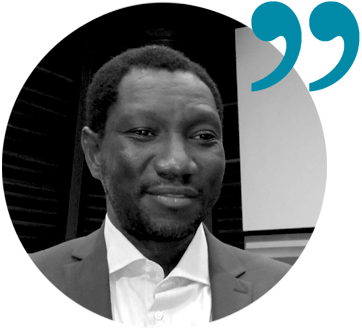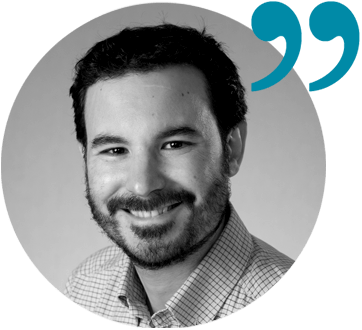World Bank Land Conference
The World Bank Land Conference takes place every year in March and the Platform is always present. The Global Donor Working Group on Land always has its physical meeting in conjunction with the conference and it always applies for at least one side-event depending on the topic of interest for the members that particular year.
Influencing the next tier of companies: promoting responsible land-based investments
Each year, the Global Donor Working Group on Land organises a session at the Land and Poverty Conference of the World Bank.
This year, the session explored new ways donors and other actors can reach and influence the practices of companies investing in land at national level. It looked at key incentives and constraints faced by investors in influencing the practices of investees and tools they use to assess and manage tenure risk. Besides contributions from panelists, introductory remarks were given by Harold Liversage (IFAD and chair of the GDWGL) and moderation by Chris Penrose-Buckley (DFID, vice-chair of the GDWGL).
Land Governance and the SDGs
A paper co-authored by Romy Sato on the issues surrounding the consolidation and harmonisation of land governance monitoring initiatives under the SDGs will be presented at a side event on 20 March 2018 at the World Bank Land Conference.
This paper describes key actors in the land governance community and beyond who are making significant efforts to ensure land-related SDGs remain part of the 2030 Agenda and are tracked and made widely available to stakeholders in the land governance community and specifically to National Statistical Offices (NSOs). It provides a detailed overview of the initiatives currently underway to monitor and amplify efforts focused on achieving land-related SDGs in the 2030 Agenda through research, advocacy and communications, and explores opportunities to consolidate and harmonize these initiatives and improve their effectiveness vis-à-vis targeted stakeholder groups.
Migration and land tenure dynamics
On 23 March 2017, the Global Donor Working Group on Land held a session at the World Bank Conference on Land and Poverty titled “Migration and land tenure dynamics – What are the challenges and perspectives for policies and interventions?” to provide a better understanding of the land - migration nexus but also to identify recommendations for meaningful donor support on land governance in post conflict situations.
Migration has always been a phenomenon of much interest to national governments and the international community. Researchers and experts have highlighted strong connections between migrations and land tenure dynamics. On the one hand migration can be perceived as a driver of fragility leading to conflicts over access to land, but on the other hand several examples have demonstrated that the integration of migrants under certain social obligations into the host community have existed for quite a long time.
Links
On the one hand side, the Development Finance Institutions (DFIs) believe that donors should offer research and training for commercial advisors because those are the people whom companies listen to and can help promote responsible land-based investments. On the other, non-profit and community organisations want more legally binding commitments that ensure that there is a liability on the part of investors when something goes wrong. Learn more about the side event of the Platform at the Land Conference here.
Numerous indicators of the Sustainable Development Goals (SDGs) relate to tenure rights, food security and nutrition, including 1.4.2 on perceptions of land tenure security, 2.4.1 relating to the proportion of agricultural area under productive and sustainable agriculture and 5.a.1 women ownership of agricultural land. The paper will address issues related to consolidation and harmonisation of monitoring initiatives.
On 23 March 2017, the Global Donor Working Group on Land held a session at the World Bank Conference on Land and Poverty titled “Migration and land tenure dynamics – What are the challenges and perspectives for policies and interventions?” to provide a better understanding of the land - migration nexus but also to identify recommendations for meaningful donor support on land governance in post conflict situations.






